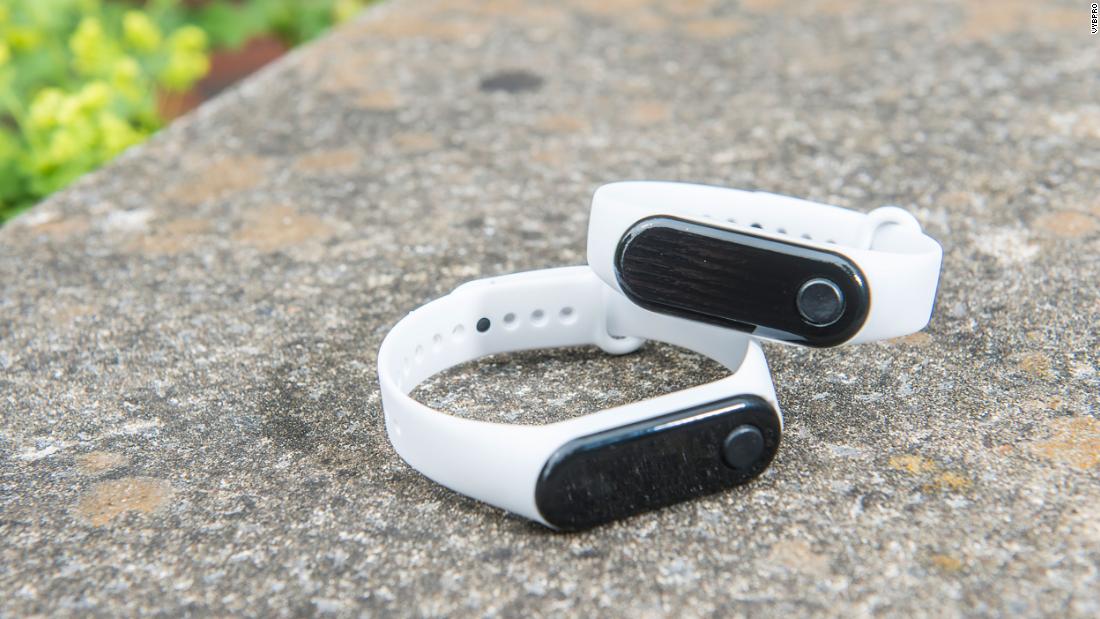
But in the midst of a pandemic, such a common habit can quickly become fatal, with our hands transferring germs from contaminated surfaces to our eyes, ears, noses, or mouths.
“By seeing this pandemic on the news, it was clear what a devastating effect it was having on the lives of people around the world,” Max told CNN. “However, it wasn’t until I saw the severity of the virus first hand, when my parents contracted Covid-19, that I really appreciated what we were dealing with.”
The watch works by recognizing the gestures associated with the movements of the hands towards the face. Combining unique technology and algorithms to differentiate between predicted face touches and other hand movements, the watch vibrates every time a user’s hand comes close to the face. Max recommends that people wear a watch on each wrist to control the movements of both hands.
“I knew this was the only time I had to try to make a difference and therefore I had to be really committed, use my time out of school locked up wisely. I am proud of where we are but I know that to overcome the hurdle in the end it will take even more guts. “
Using the conceptual work and research that his father, Richard Melia, brought together earlier this year, Max collaborated with a product designer who was quickly able to produce a functional prototype and a cosmetic prototype of the final version of the device.
The rechargeable watch features a waterproof silicone band and a sealed capsule design to allow resistance to water, including sweat, rain and hand washing.
All proceeds from early sales will go toward providing free watches to vulnerable people and front-line workers, such as those in nursing homes and health workers with the National Health Service (NHS).
“I think this device can make a real difference in the fight against coronavirus, and therefore I am determined to do everything possible to bring it to market,” said Max. “I really hope that the general public can see the potential and be inspired to support the campaign to fund the next stage of development.”
VybPro is designed and manufactured in the UK and will cost around $ 111 (£ 89.99), for a pair of bracelets. If the team reaches its funding goal, it could be on people’s wrists in September 2020.
CNN’s Katie Hunt contributed to this report.
.